National
Indigenous
History
Month | 2022
Indigenous Peoples are making history across the country in big and small ways.
APTN News is highlighting modern Indigenous history-makers all throughout the month of June for Indigenous History Month.
Explore below and check back daily as we add more profiles throughout the month.
Who is making history in your community, province or even your own family?
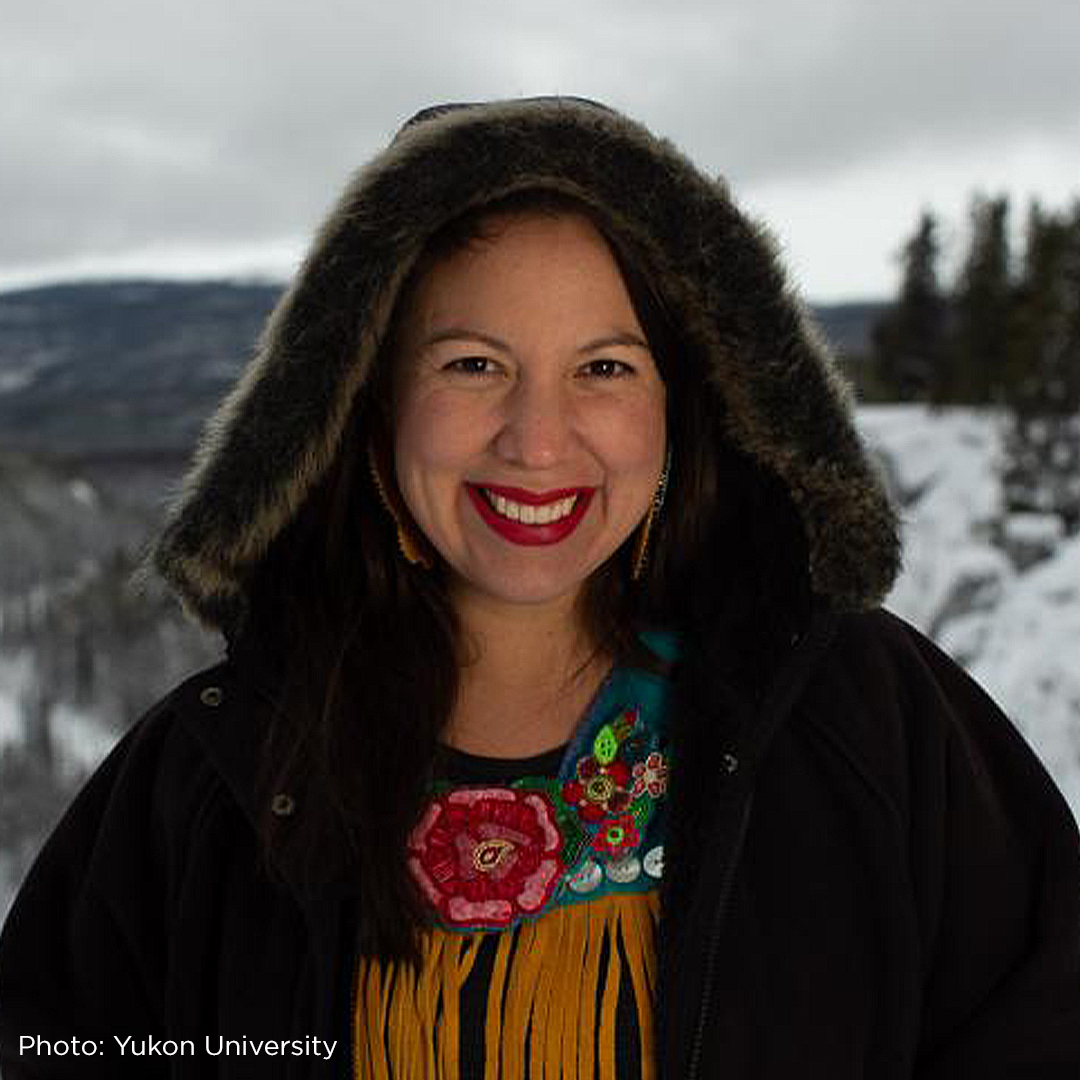
Jocelyn Joe-Strack
Daqualama Jocelyn Joe-Strack is a member of the Wolf Clan from Champagne and Aishihik First Nations and lives in Whitehorse, Yukon.
With a background in microbiology, hydrology and policy, she combines science with ancestral teachings to tackle issues like climate change and wellness.
Last year she became Yukon University’s Research Chair in Indigenous Knowledge, which strives to uphold Indigenous values and practices in research, training, and knowledge sharing.
Joe-Strack is a popular creator on Tik Tok with over 33,000 followers. She was also part of Tik Tok’s first-ever accelerator program for Indigenous creators.
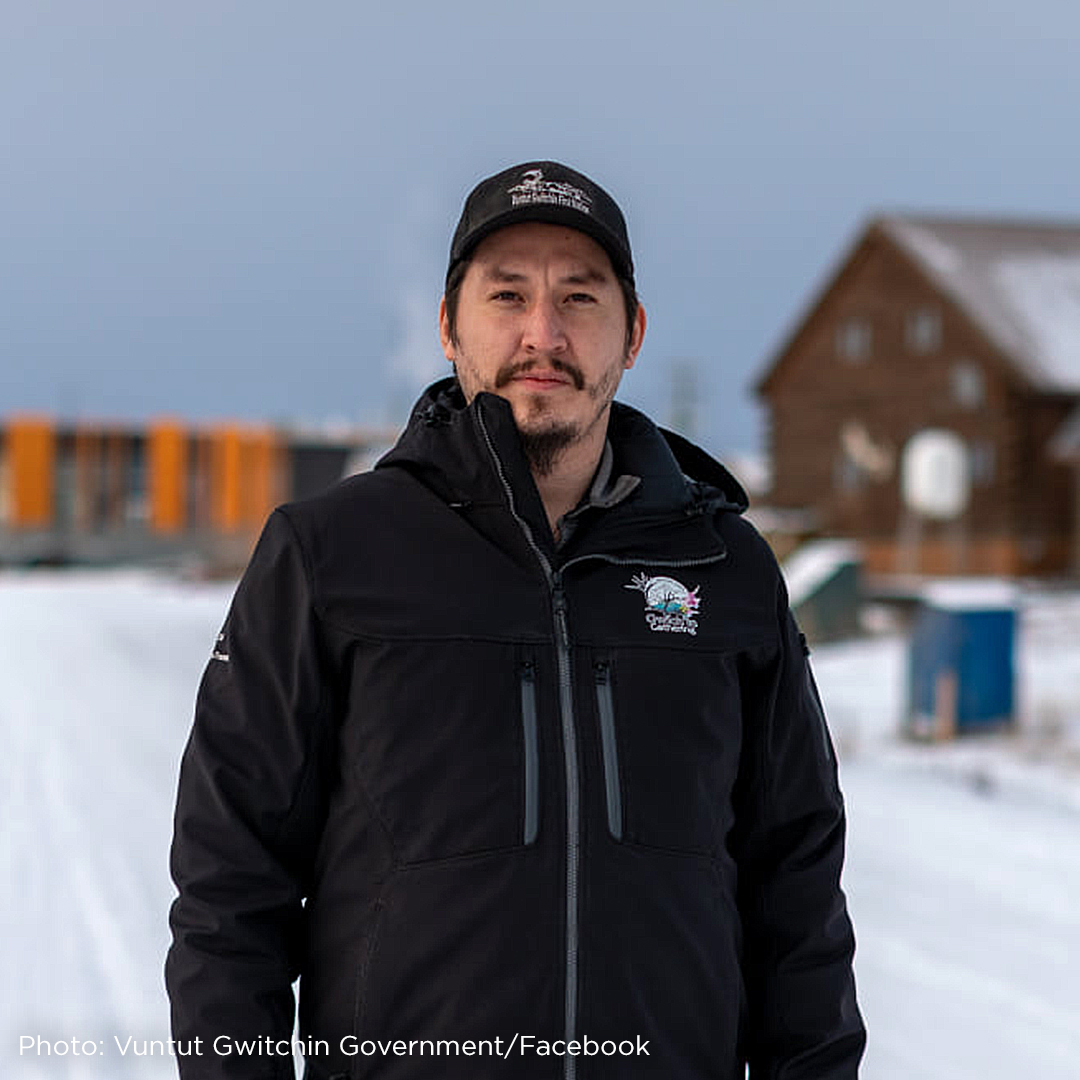
Chief Dana Tizya-Tramm
Dana Tizya-Tramm is the chief of the Vuntut Gwitchin First Nation in Old Crow, Yukon.
At age 31 he was the youngest person to be elected chief in the First Nation’s history.
Tizya-Tramm is passionate about climate change, an issue drastically impacting his remote, fly-in community in northern Yukon.
With the Vuntut Gwitchin’s traditional way of life at stake, the First Nation declared a climate emergency in 2019.
Under Tizya-Tramm’s leadership, the Vuntut Gwitchin have set a target of reaching net zero greenhouse gas emissions by 2030 and recently completed the most northerly off-grid solar project.
Tizya-Tramm is also an instrumental voice in protecting the Arctic National Wildlife Refuge from oil and gas drilling.
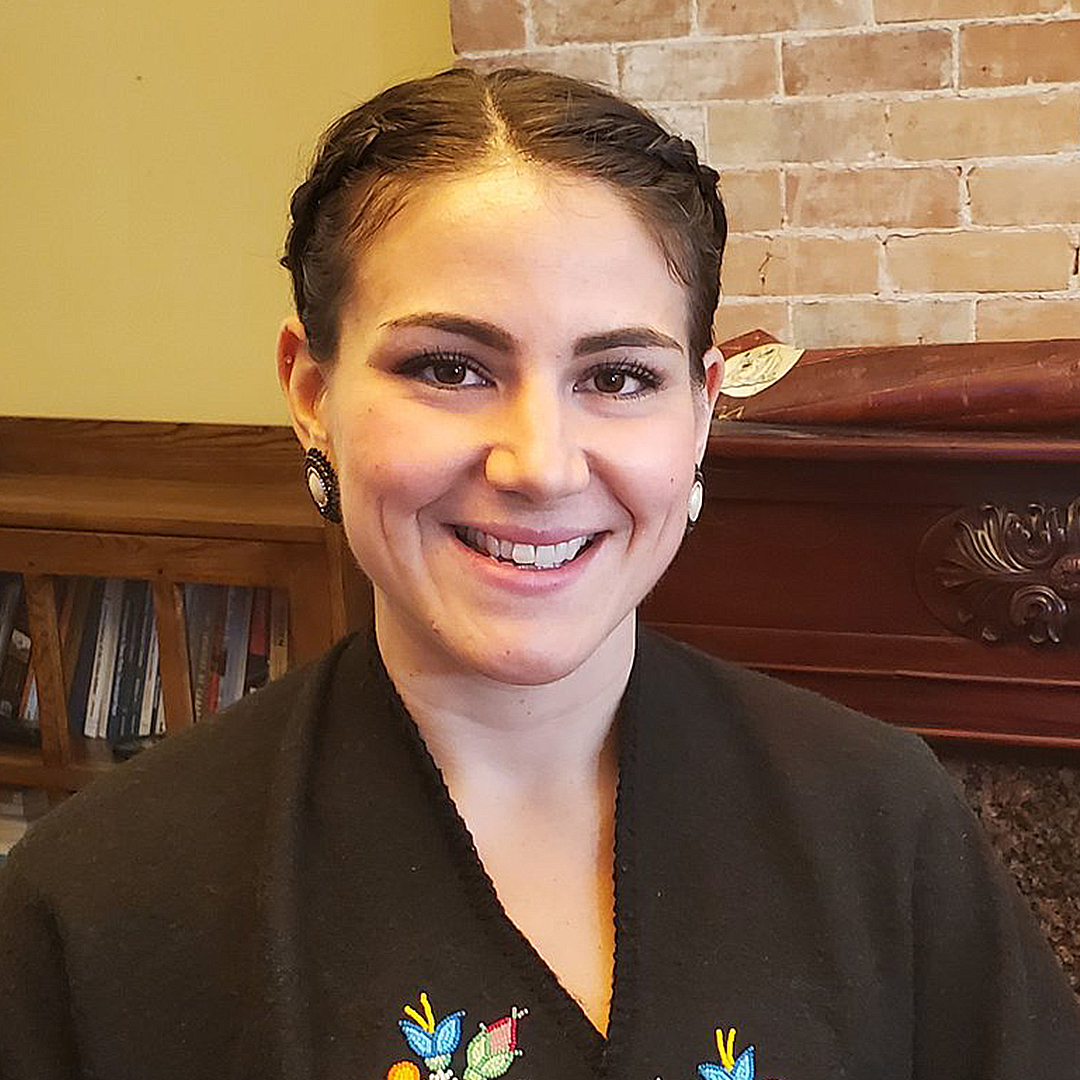
Cassidy Caron
In 2021, Caron was elected as the first woman to serve as president of the Métis National Council at 29 years old – the first new president elected in 18 years.
In her acceptance speech, Caron said the decades-old organization was turning a page and beginning a new era.
Since then, she has traveled to Vatican City with a Métis delegation to meet with Pope Francis and seek an apology for the impacts of Catholic-run residential schools.
She previously served as the Minister of Youth for the Métis Nation British Columbia.
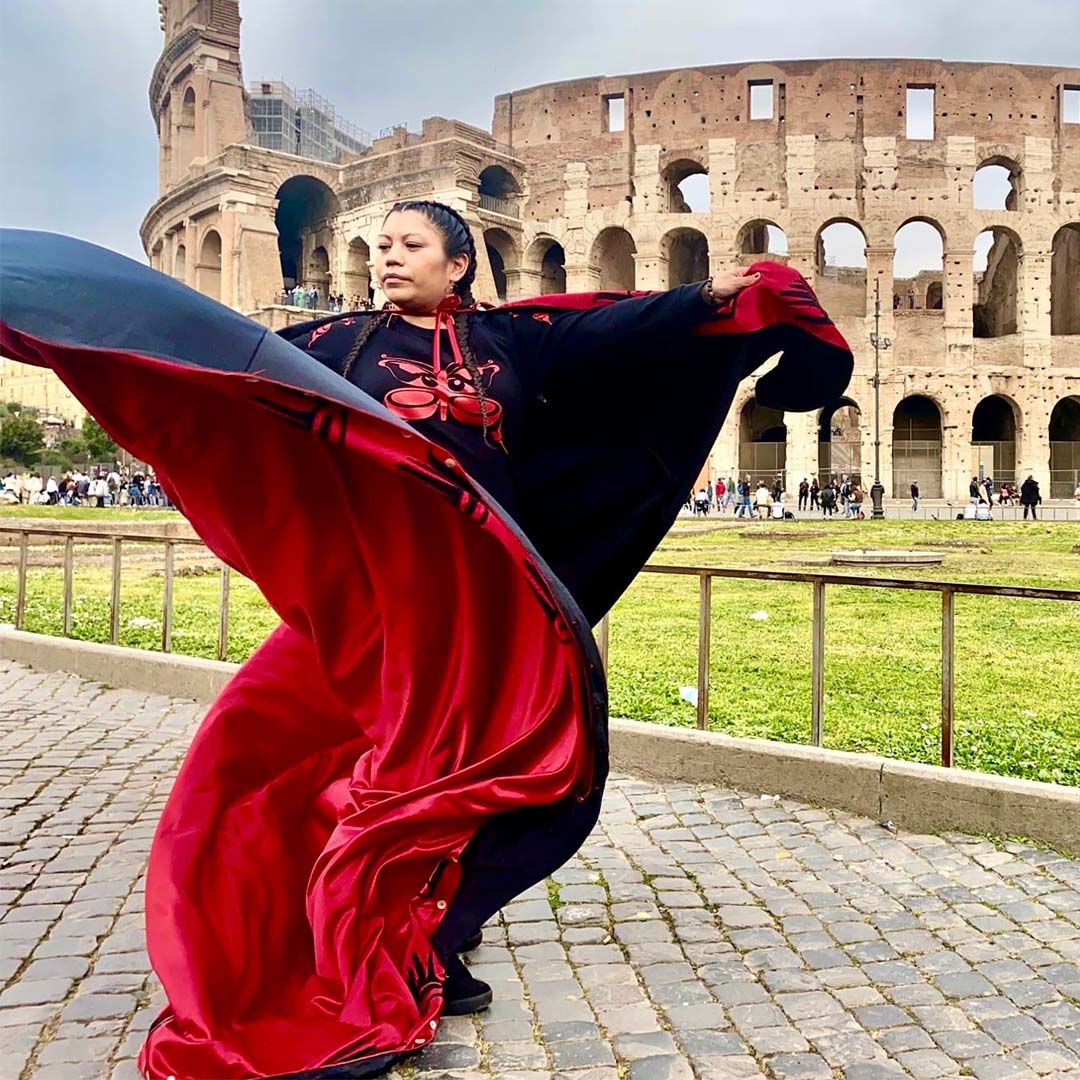
Palexelsiya Lorelei Williams
Palexelsiya Lorelei Williams is a national MMIWG advocate.
Ten years ago, Williams formed a dance group called Butterflies in Spirit to honour missing and murdered Indigenous women and girls.
She has organized candlelight vigils for missing and murdered Indigenous women and helped speak on behalf of grieving families to help find justice.
She has also been to Mexico to help families abroad look for their missing loved ones and travelled to Rome with a delegation seeking an apology from Pope Francis for the Catholic Church’s role in the residential school system.
For Williams, this mission to raise awareness is personal.
Her cousin Tanya Holyk’s DNA was found on serial killer Robert Pickton’s farm and her aunt Belinda Williams has been missing since the 1970s.

Blake Desjarlais
Growing up in the Fishing Lake Métis Settlement in Alberta, politics was the furthest thing from Blake Desjarlais’ mind. The only thing he cared about was “playing in the bush.”
Desjarlais, who was raised by his aunt, says his family didn’t have a lot of money but they had a wealth of language, land and kinship.
In September 2021, he became the first openly Two-Spirit MP to sit in the House of Commons.
Desjarlais says he looks to bring the perspective of someone from Alberta, who is Indigenous, and young into federal politics.
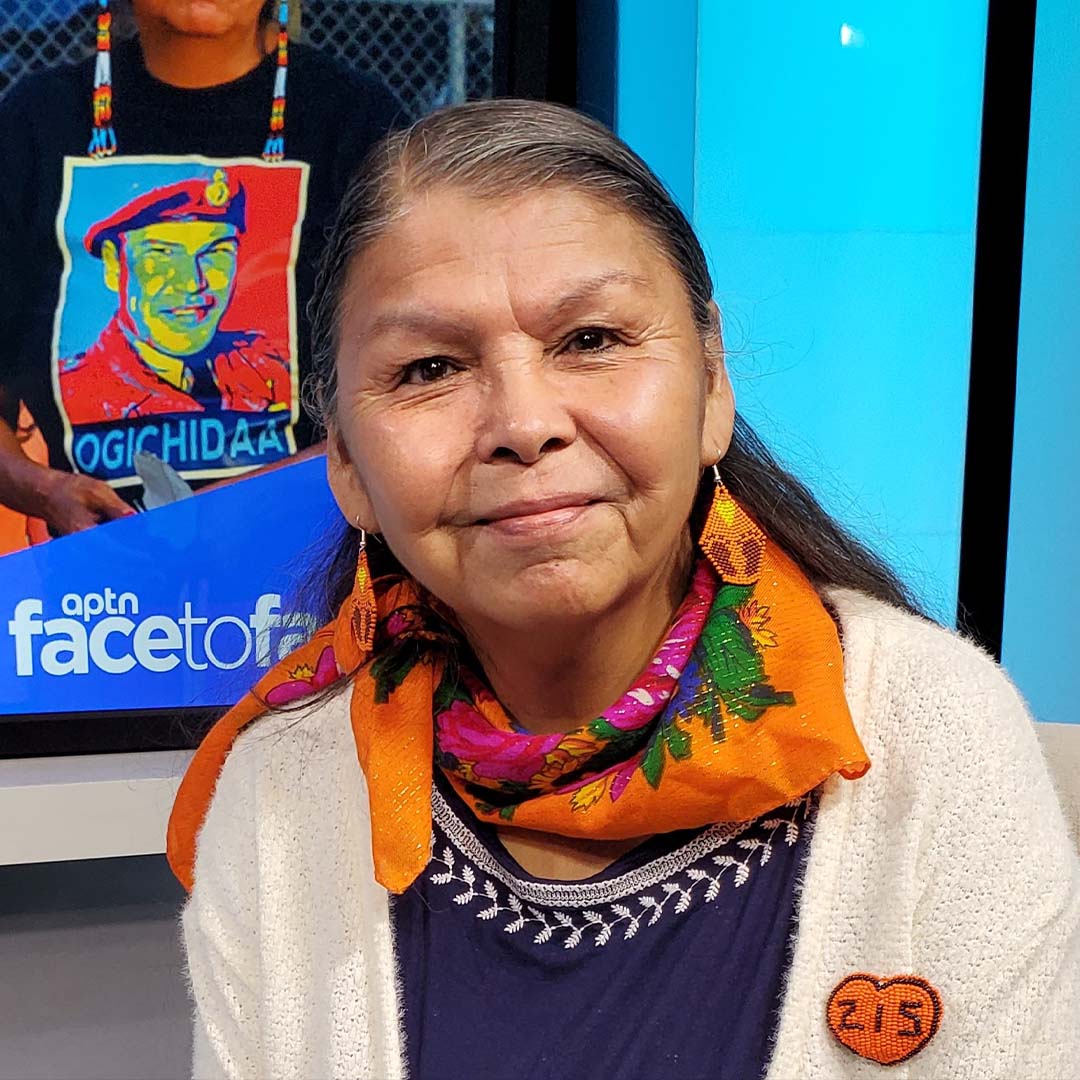
Geraldine Shingoose
Geraldine Shingoose is a residential survivor who attended the Muscowequan Residential School in Saskatchewan from 1962 to 1971.
Shingoose is a grassroots grandmother who has shared her story of resilience and healing at presentations for school-age children to university students.
Shortly after the official announcement from Tk’emlúps te Secwe̓pemc in May 2021 that 215 unmarked graves were suspected at the former Kamloops Indian Residential School site, she camped outside of St. Mary’s Cathedral in Winnipeg and waited more than 10 hours to speak with the archbishop.
Shingoose says she was speaking for the children who never came home from residential schools.
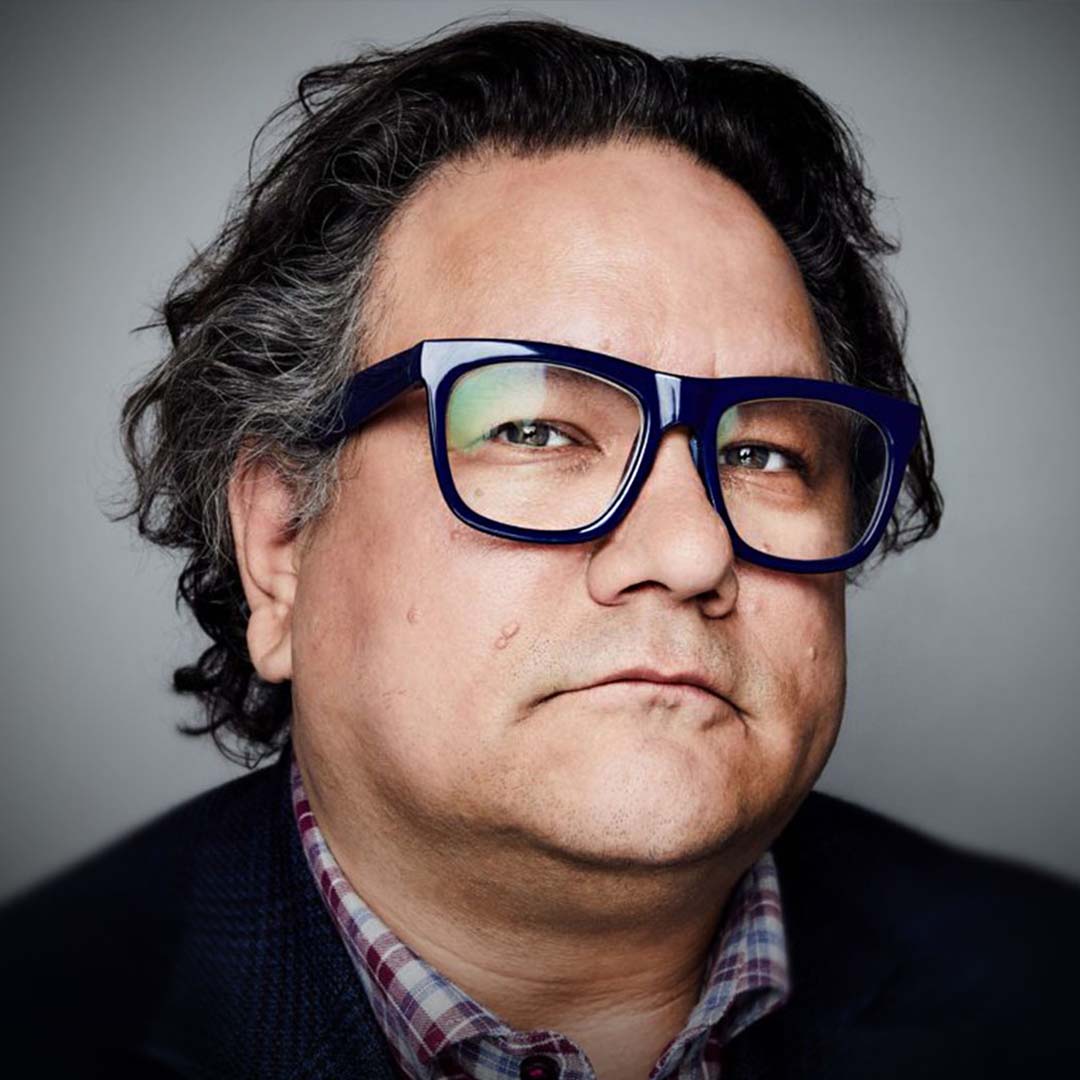
Jesse Wente
Anishinaabe broadcaster and writer Jesse Wente is one of the most recognizable Indigenous voices on the Canadian media landscape.
For more than two decades, he has been a columnist and producer for the CBC.
On a number of occasions, over the years, Wente has called out the CBC, APTN and others in the media.
Most publicly, during the “Appropriation Prize” controversy where a number of prominent media executives, including one from the CBC, came up with the idea of starting an award for the best book by an author who writes about other peoples, their cultures and identities.
In the summer of 2020, he was appointed as the new chair of the board of the Canada Council for the Arts. He is the first Indigenous person to hold the position.
Wente also remains the executive director of the Indigenous Screen Office.
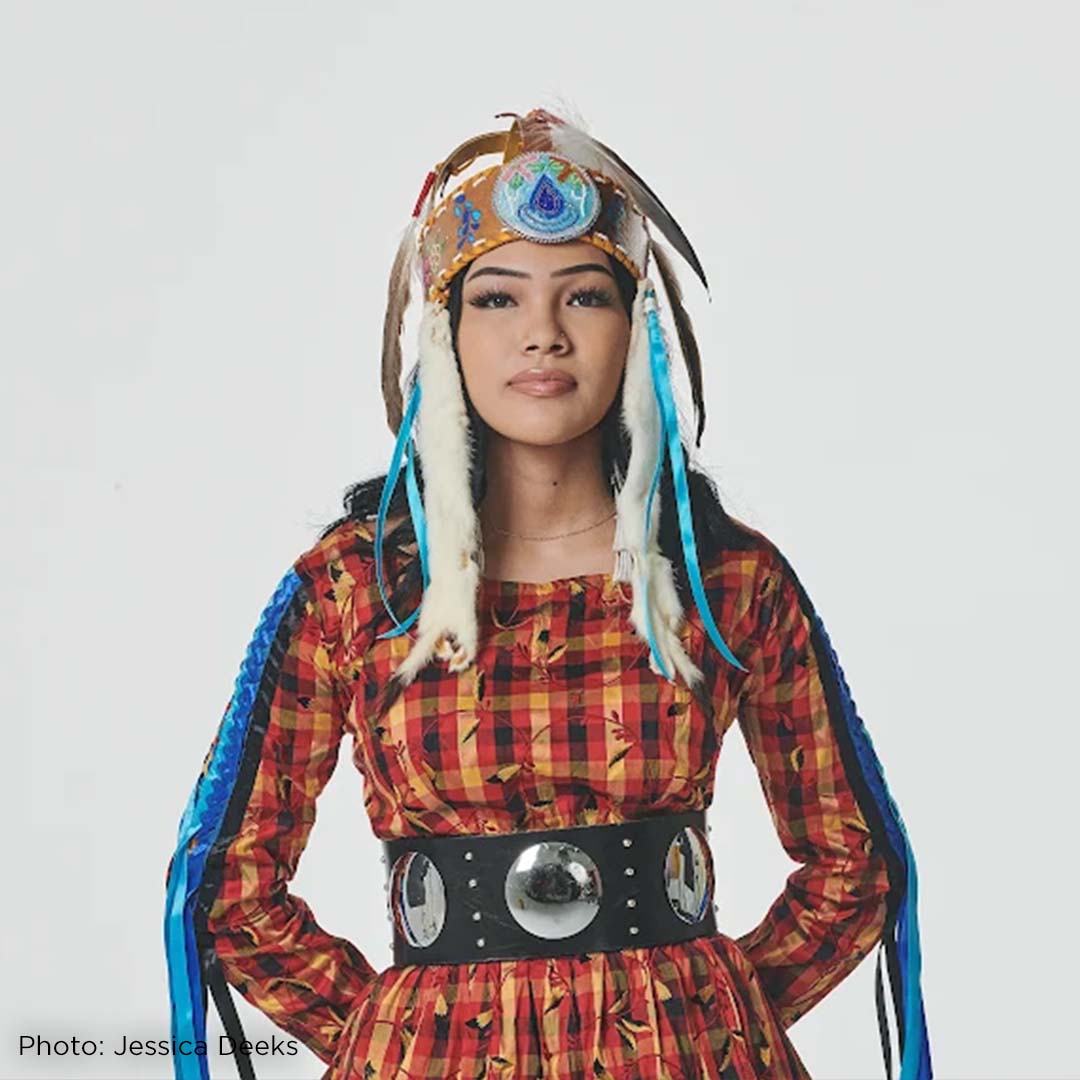
Autumn Peltier
At age 17, Autumn Peltier is the chief Water Commissioner for the Anishinabek Nation.
Peltier, who is Anishinaabe from Wiikwemkoong Unceded Territory on Manitoulin Island, first rose to prominence when she was just 12-years-old and told Trudeau at an Assembly of First Nations meeting she was not happy with his choices on pipeline projects.
She has appeared on the cover of magazines and became a public speaker.
Being in the public eye has not always been easy for her, but she still encourages Indigenous youth to stand up and speak out.
Peltier, who has spoken on numerous international platforms, feels most politicians care about projecting an image rather than taking her advice.
She is set to graduate high school this year and will be attending college. She is planning a career in First Nations politics.
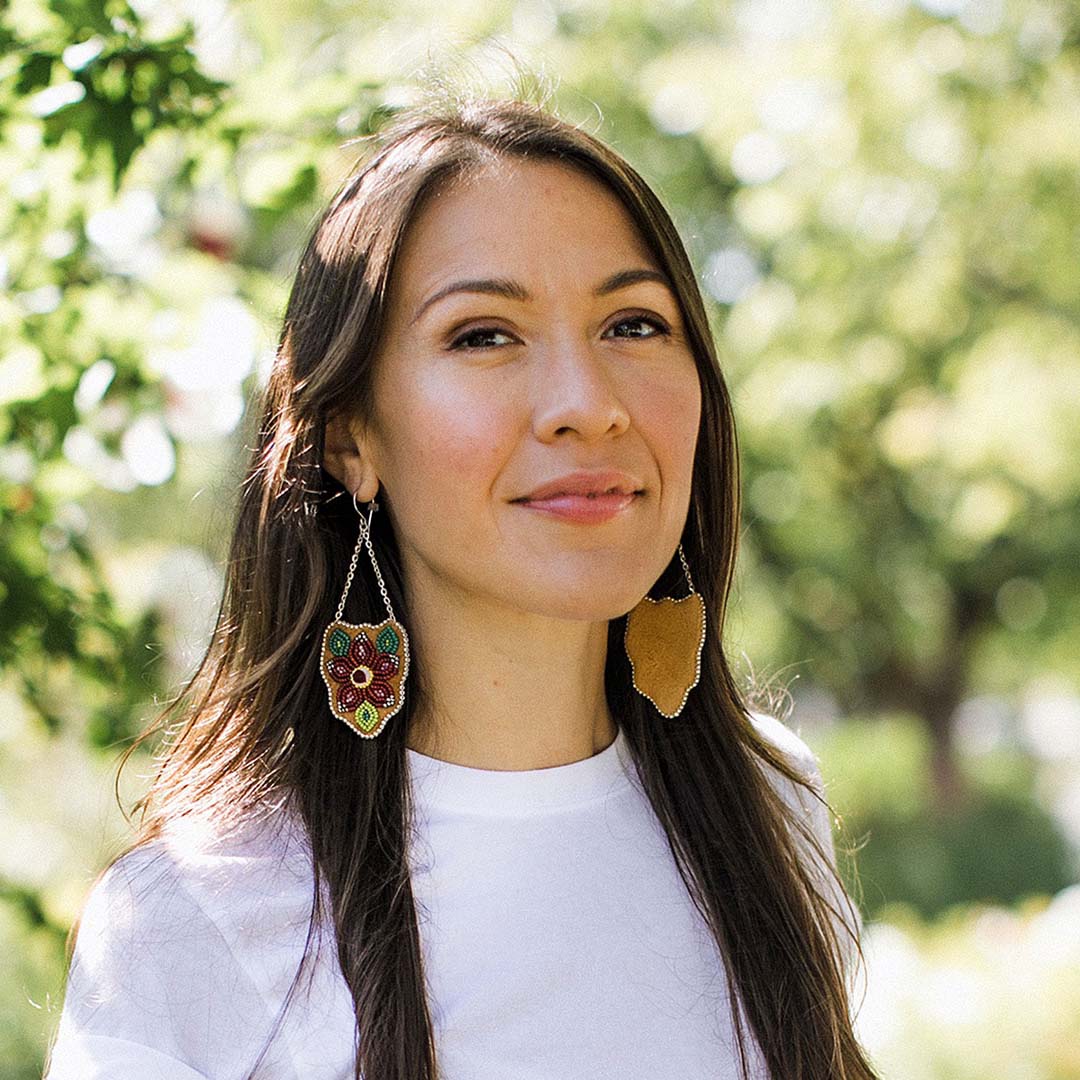
Elle-Máijá Tailfeathers
Elle-Máijá Tailfeathers is an award-winning actor, screenwriter and director from the Kainai Nation in Alberta.
Her film Kímmapiiyipitssini: The Meaning of Empathy is a documentary that was five years in the making about the opioid crisis and what the community has been doing to overcome that crisis.
The film is not only about the opioid crisis and some of the solutions to it, but also about treaty, systemic racism and government policies that have harmed Indigenous peoples.
Tailfeathers hopes non-Indigenous viewers of the film recognize the impacts of settler colonialism.
She starred in, co-wrote and co-directed The Body Remembers When the World Broke Open – a film that garnered her two Canadian Screen Awards.
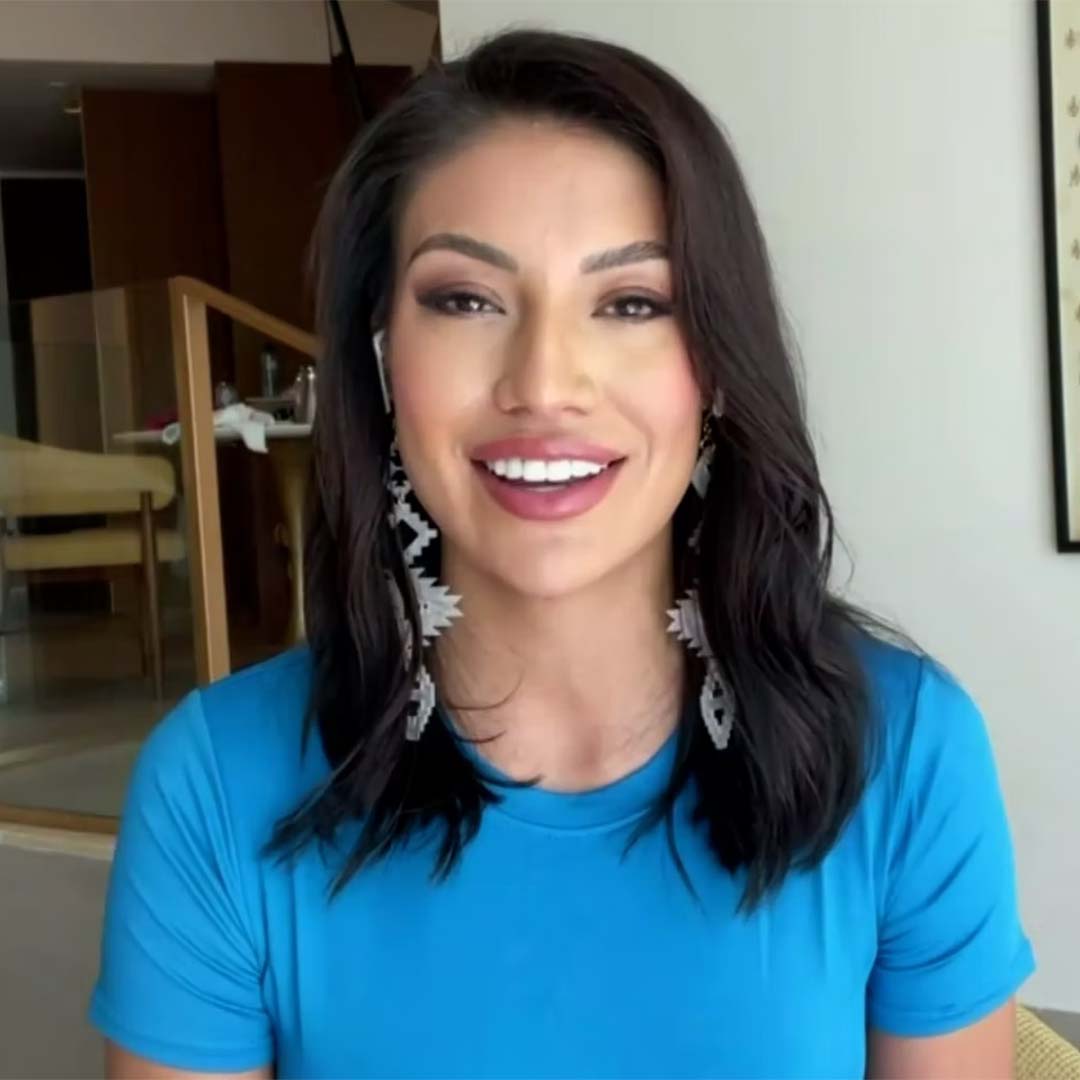
Ashley Callingbull
Ashley Callingbull is an actress, model and motivational speaker from the Enoch Cree Nation in Alberta. She had challenges growing up and was raised by her mother and grandparents.
Callingbull was selected as Miss Canada in 2010 and five years later in 2015, she became the first Indigenous woman to win the Mrs Universe title.
She says she was drawn to the competition because of its domestic violence theme.
“I thought, this is a perfect platform for me because I’m relatable to people, I’ve experienced this myself and I’m able to speak about it,” she said. “I’m glad I’m able to use this title as a way to speak for others that can’t speak for themselves.”
She then went on to be featured in the 2022 Sports Illustrated swimsuit edition, another first for an Indigenous woman. Upon hearing that she would be in the magazine, she wrote in her Instagram account, “Mom I made history!”
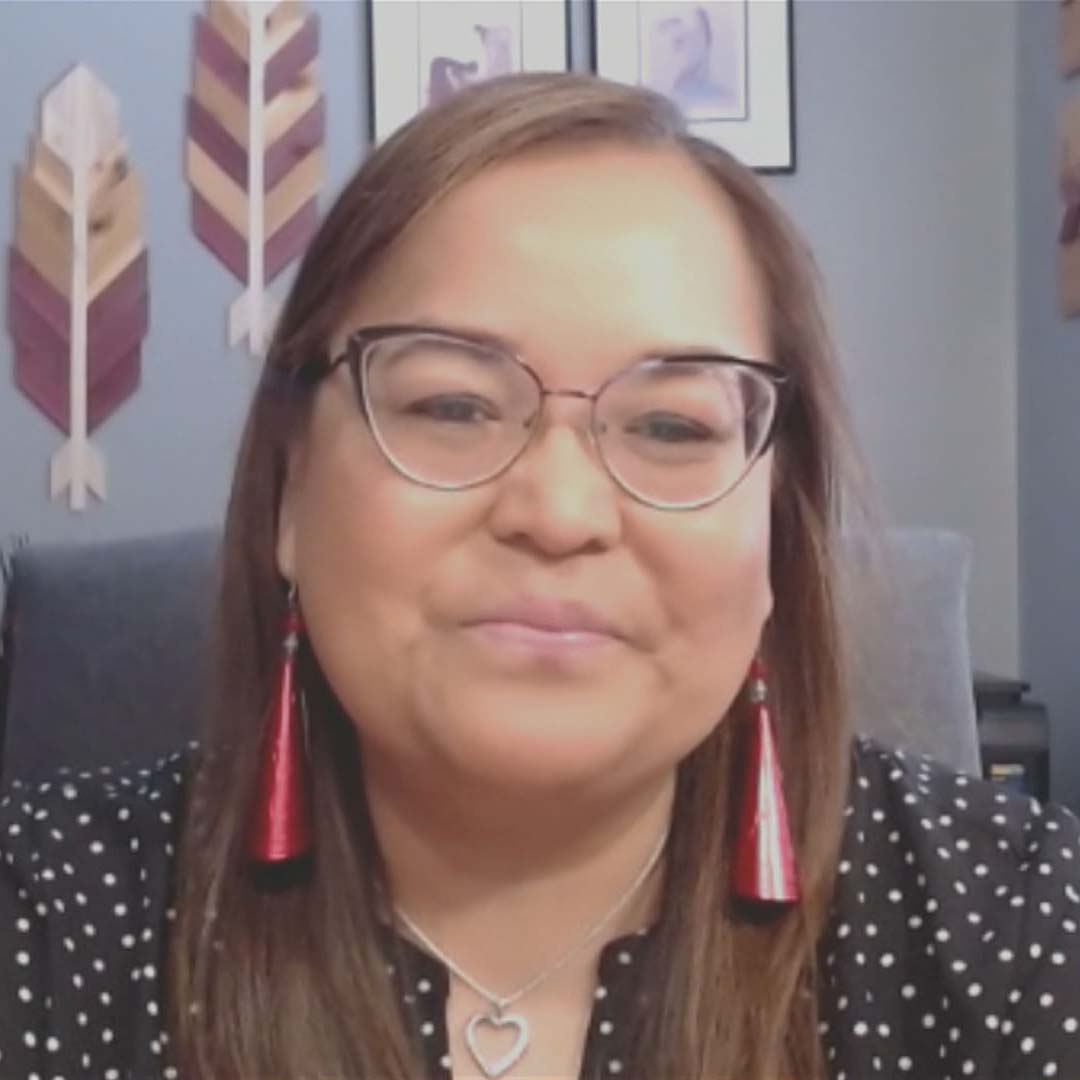
Tania Cameron
Tania Cameron from Niisaachewan Anishinaabe Nation does not sit back and complain.
Whether it is food security or voting rights, Cameron is not only pointing out the inequalities, she’s working to address them head-on.
Advocating for Indigenous people is something she has been doing since she was a teenager and something she hopes she’s passing on to her own children.
Cameron organized multiple successful fundraisers during the pandemic to assist communities affected by COVID-19 outbreaks.
When Russia sent troops into Ukraine, Cameron began searching far and wide across Canada to buy Ukrainian scarves for Indigenous women in Ontario and Canada to wear in solidarity with Ukraine – with the proceeds from the sales of these scarves to be donated to help those in Ukraine.
Last year, Cameron also did a fundraiser for menstrual products for First Nations schools in Ontario after the provincial plan to distribute them to school boards left out schools, on reserve.
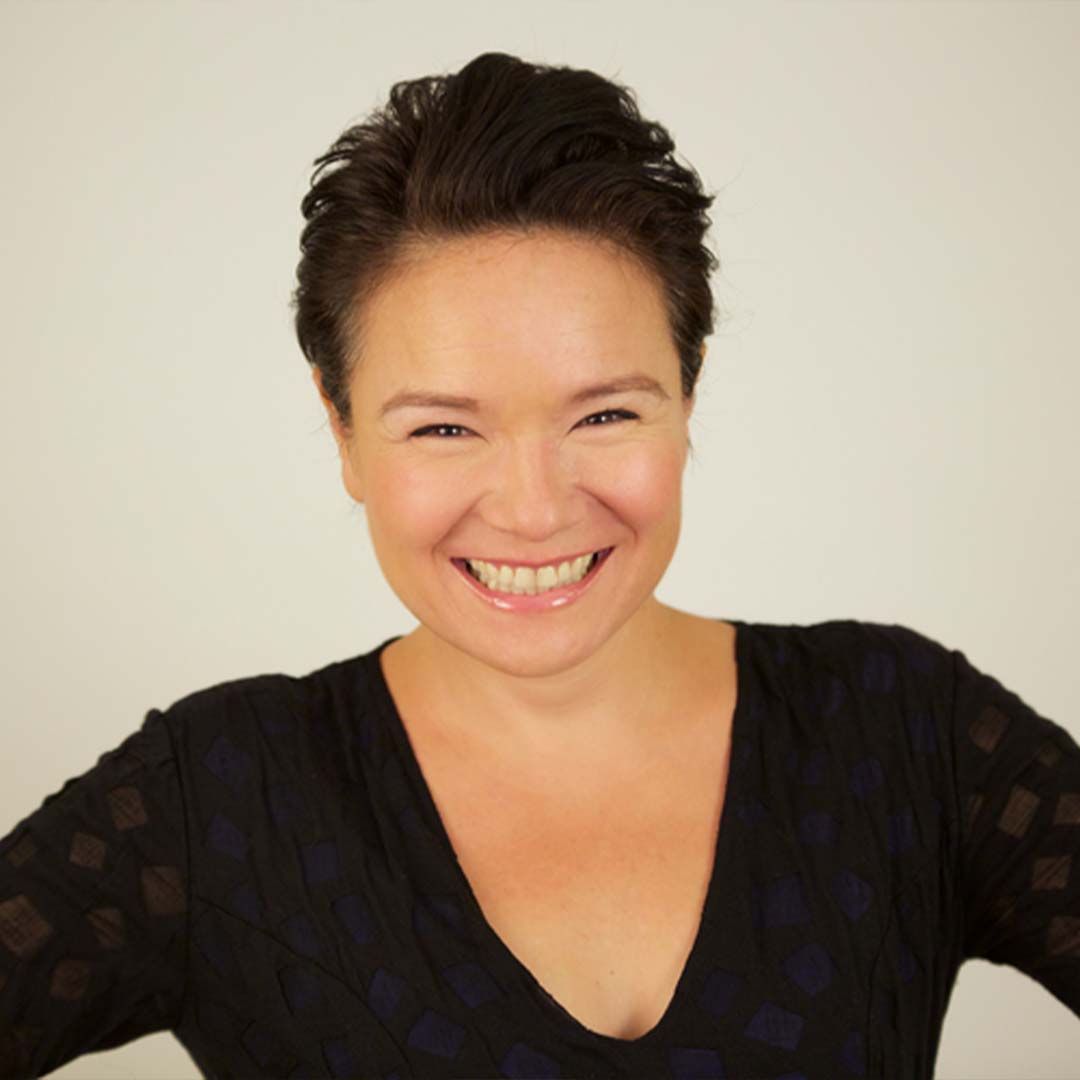
Jennifer Podemski
Jennifer Podemski is an film and television actor and producer from Toronto, Ontario.
She says her role in the Bruce McDonald movie Dance Me Outside was a game changer. The success of the 1994 Canadian drama reinforced the idea that she could have a career in the television and film industry.
The role also opened her eyes to what is now referred to as narrative sovereignty and a recognition for the need for more Indigenous stories by Indigenous people.
The list of shows Podemski has been involved in creating is impressive: Moccasin Flats, Rabbit Fall, Empire of Dirt, Future History and The Other Side, just to name a few.
One of the ways Podemski is helping break down barriers for the next generation is through the launch of The Shine Network, a media platform designed to empower and celebrate Indigenous women in film and television.
Podemski says there is a lot to celebrate right now in the film and television industry but more than two decades into her career, she feels there is a lot of work to still do.
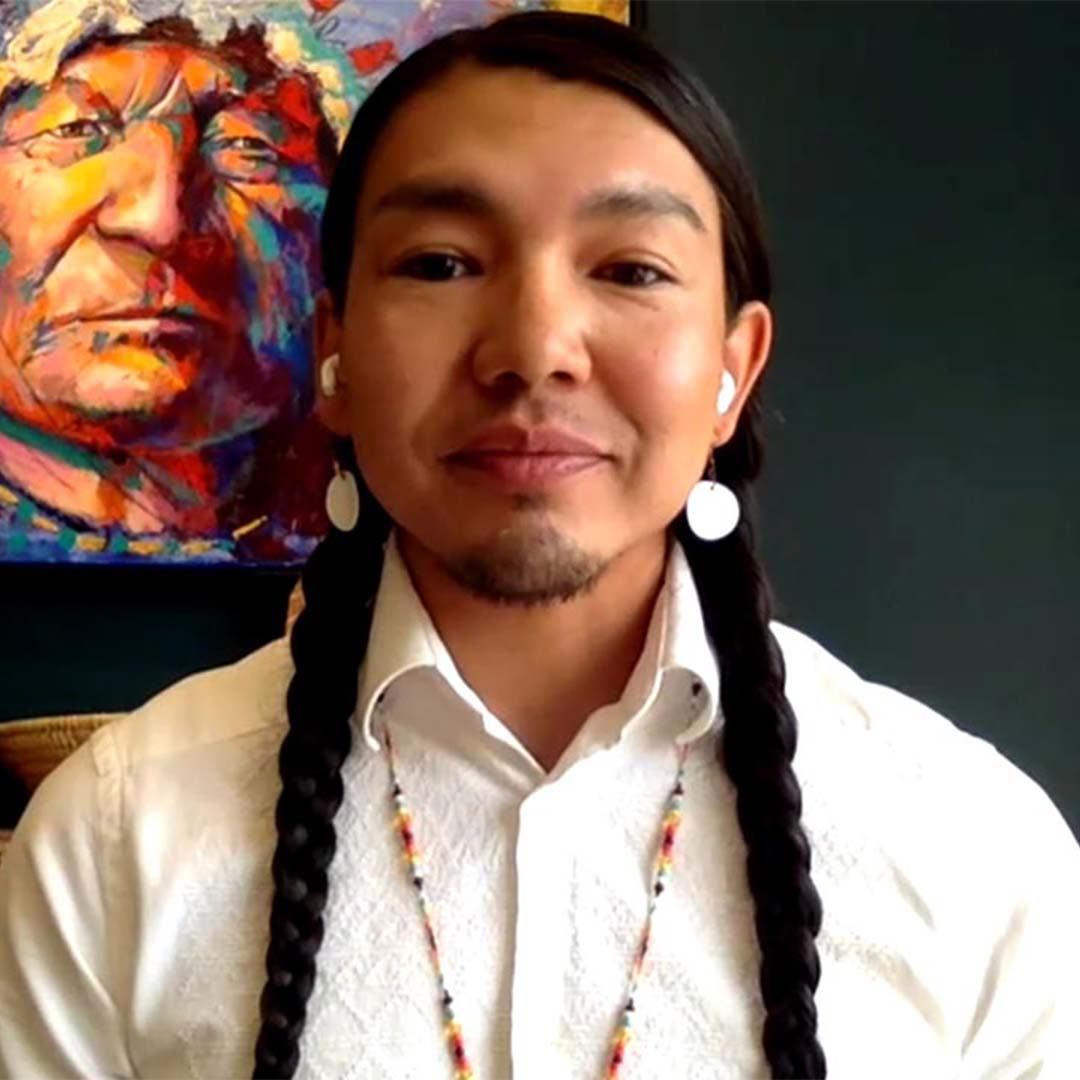
Dr. James Makokis
Dr. James Makokis from the Saddle Lake Cree Nation in Alberta wanted to be a doctor since he was four years old has had to overcome adversity in order to get to where he is today.
He recalls being discriminated against on the first day of residency when he walked into a delivery room and felt his head jerk back as someone had yanked on his braid and asked him whether he was qualified to be in the delivery room.
Makokis became a recognizable face when he and his partner Anthony Johnson competed and won the Amazing Race Canada in 2019.
The couple knew it was going to be an opportunity to bring awareness to issues that Indigenous people face and they did not want to squander that opportunity.
“One of them, obviously was for people to become aware of gender diverse or sexually diverse couples. We both identify as Two-Spirit people and we’ve always has those teaching in both of our respective cultures and nations and we never saw a Two-Spirit, married couple on TV before,” says Makokis.
He says it was a win for all Indigenous people.
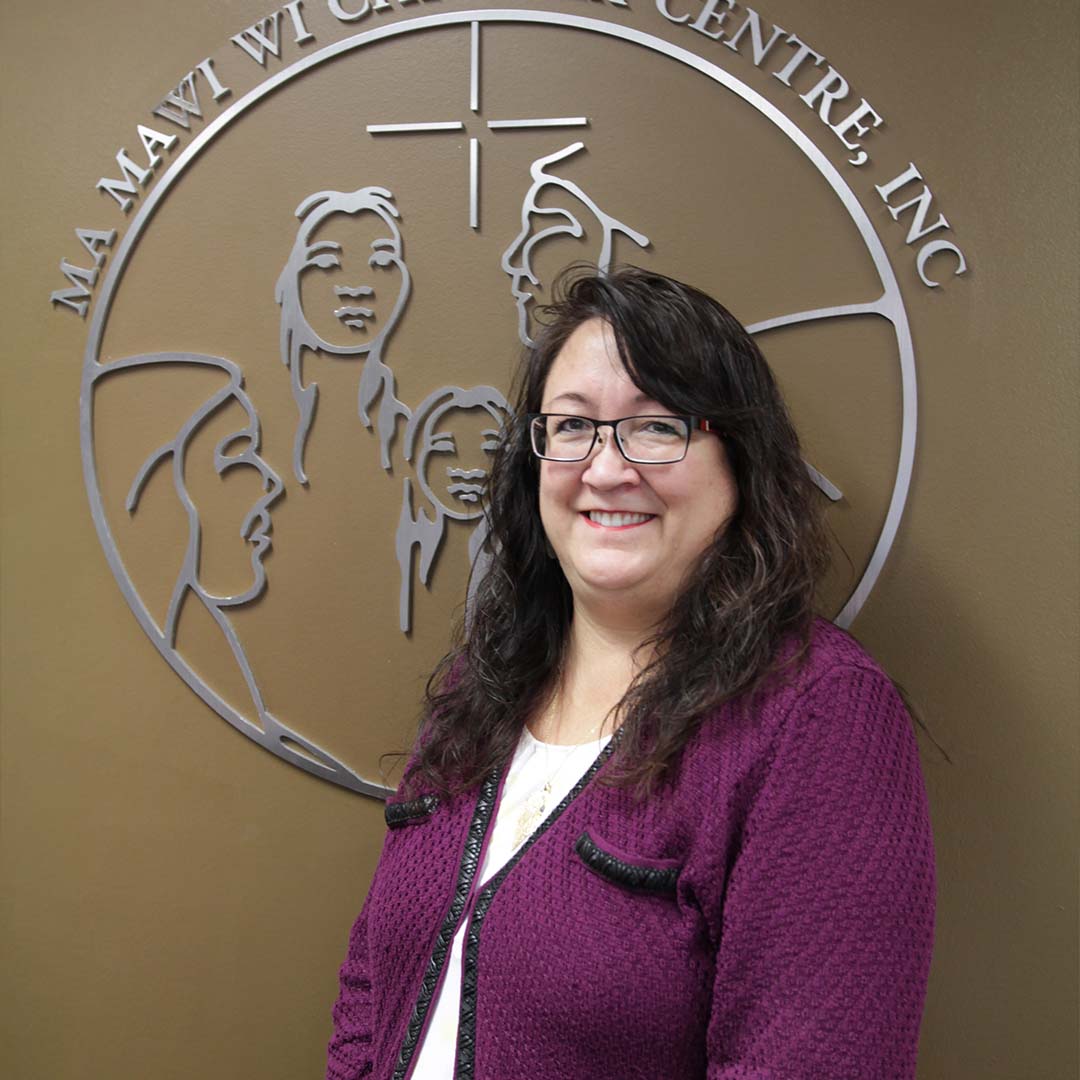
Diane Redsky
Diane Redsky, a member of Shoal Lake First Nation, is the executive director of the Ma Mawi Wi Chi Itata Centre in Winnipeg.
For nearly 40 years, Ma Mawi has acted as the grandmother to Winnipeg’s urban Indigenous population, providing all kinds of social services and family supports.
Redsky previously led Canada’s national task force on sex trafficking and travelled the country hearing stories from Indigenous women and girls.
In 2021, Redsky was named one of Manitoba’s 150 Women Trailblazers by the Nellie McClung Foundation.
She is also a recipient of the Governor General Award for her work with Indigenous families and women rights.

Adrian Sutherland
Traditionally, Adrian Sutherland made an effort to not be so politically charged in his approach to writing music.
That changed when he released his debut solo single, Politician Man.
The song was born out of long standing issues in Sutherland’s home community of Attawapiskat and the frustrations of trying to raise a family on the First Nation in northern Ontario.
Not having clean access to water pushed Sutherland “over the edge.”
The song was released in the aftermath of Attawapiskat First Nation declaring a state of emergency over concerns with water quality.
Sutherland believes artists shouldn’t have to use their profiles to fight for water or to ensure Indigenous issues are taken seriously.
“For crying out loud, there are still communities that still don’t have running water, no sewer, they’re still going out to the outhouse right on a major transportation corridor in this country. It’s just mind boggling to think,” he says.
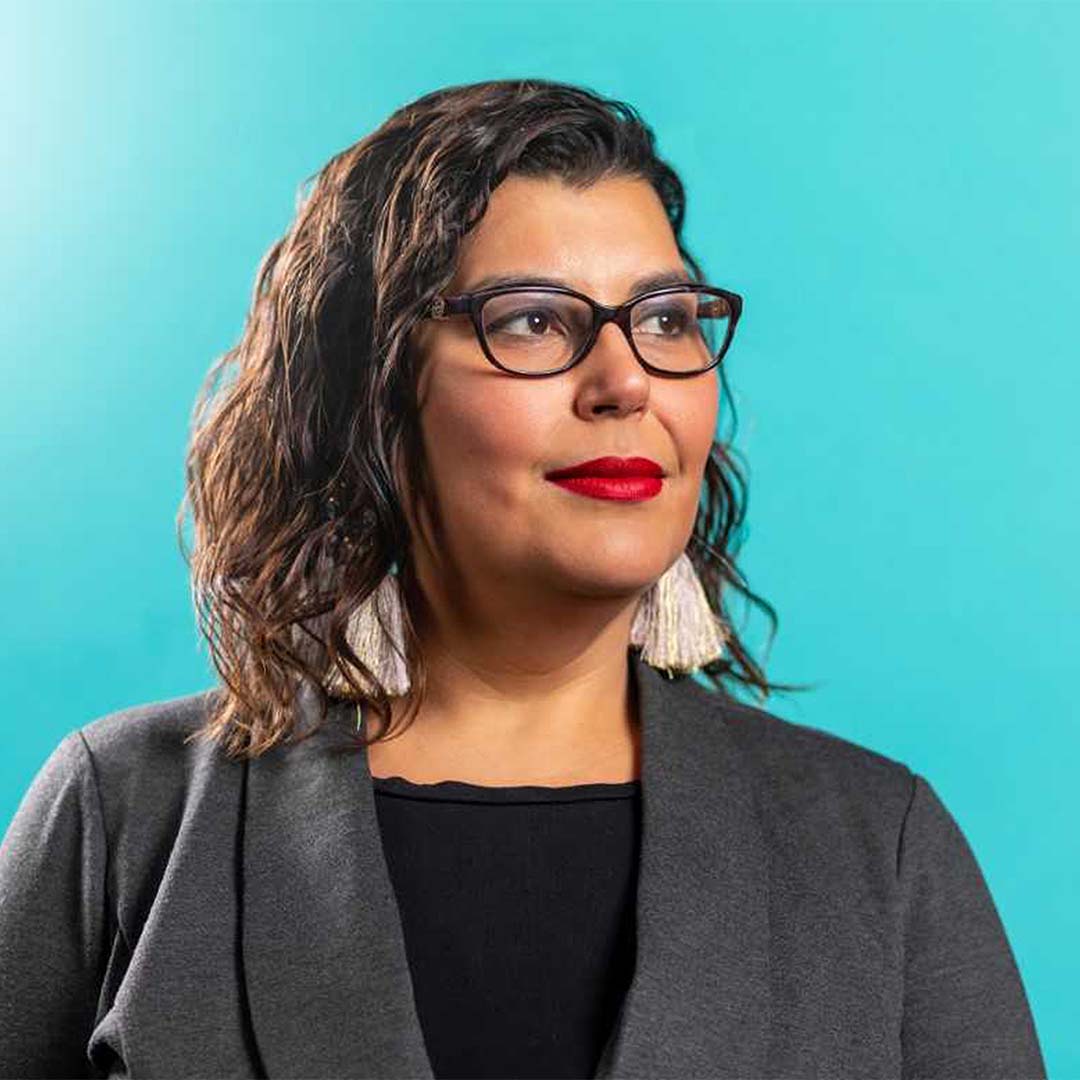
Marcia Anderson
At the age of four, Marcia Anderson says she knew that one day, she wanted to become a doctor.
Twenty years later, Anderson was the youngest Indigenous graduate from the Faculty of Medicine in Manitoba and the youngest president of the Indigenous Physicians Association of Canada.
Anderson, who is Cree-Anishinaabe, credits her family for the support while she was going through school, and now as she continues as a medical officer of health in Manitoba for Indigenous Services Canada.
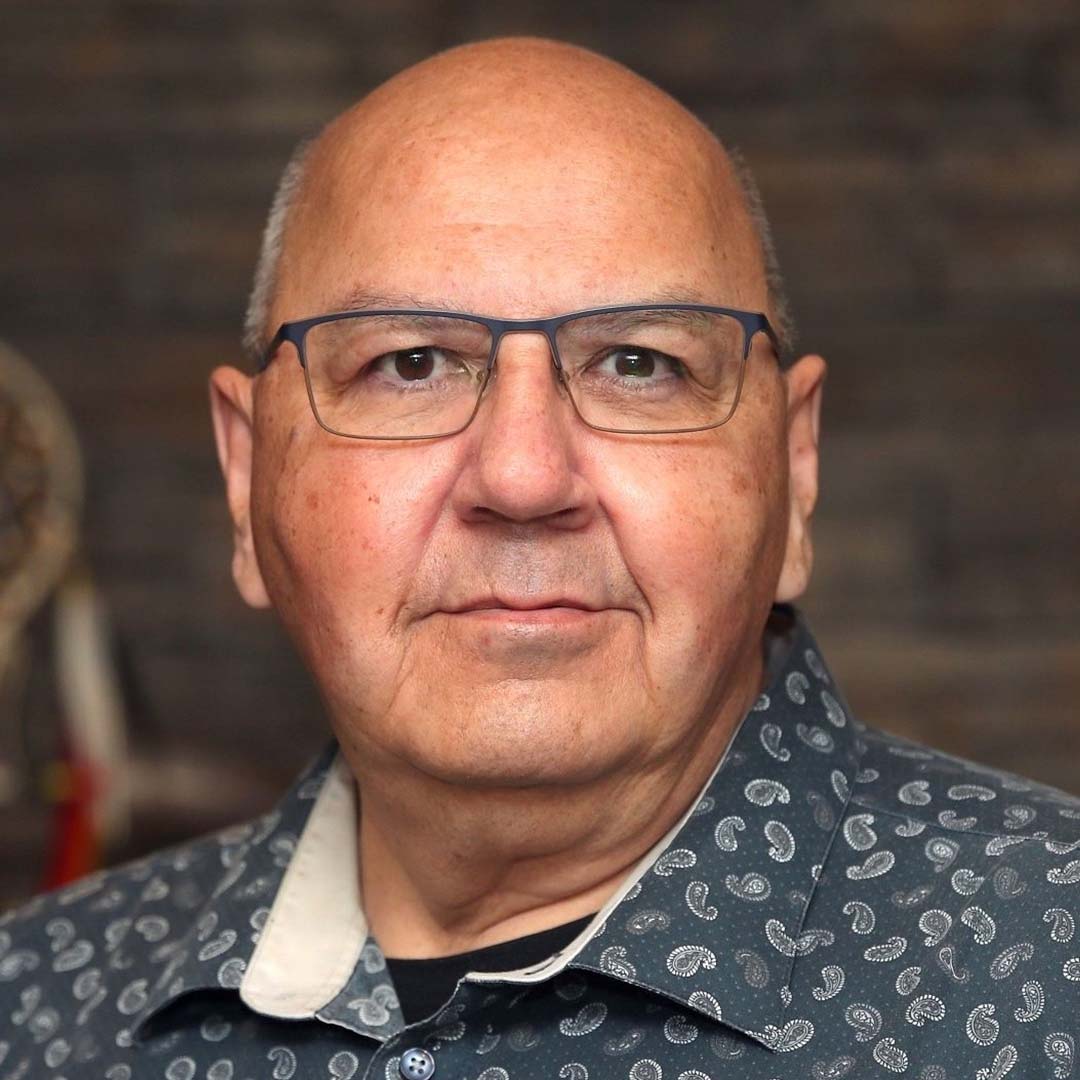
Albert McLeod
Albert McLeod started his human rights activism in 1987. The Two-Spirit Elder is known for his advocacy work in educating people on HIV/AIDS and reclaiming traditional roles of Two-Spirit individuals.
He has hosted speaking engagements where he discusses the concept of gender from an Indigenous perspective and explains the impact of colonization on gender diversity.
McLeod serves on the board of directors for Two-Spirited People of Manitoba, a non-profit focused on improving the lives of Indigenous LGBTQ2S+ people.
From 1991 to 2001, he served as director of the Manitoba AIDS Task Force.
In 2018, McLeod was the recipient of an honourary doctorate from the University of Winnipeg in recognition of his advocacy and contributions to Two-Spirit peoples and Indigenous people living with HIV/AIDS.